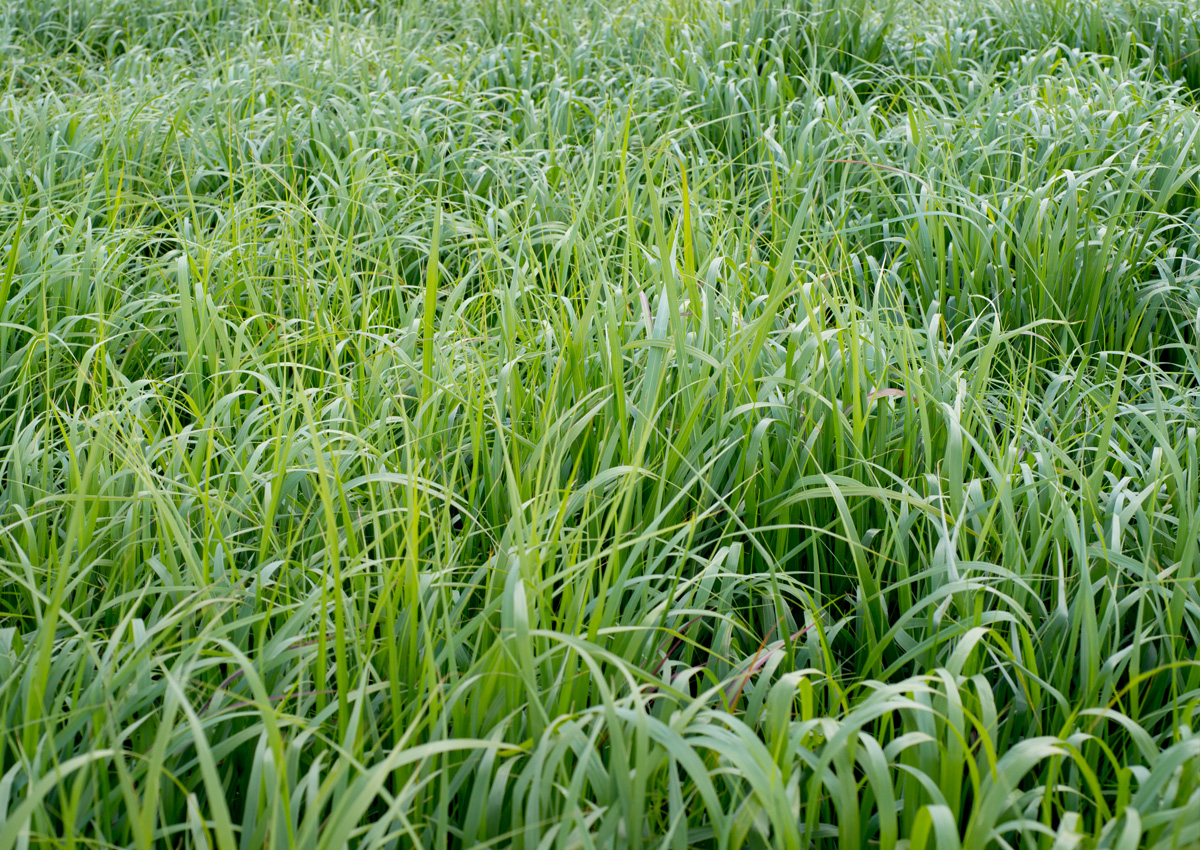
International Research Group Confirms Contribution of Bioenergy to Climate Change Mitigation
November 25, 2020| |
A study published in the Proceedings of the National Academy of Sciences (PNAS) refutes the argument that biofuels are not sustainable because the conversion of non-agricultural land to grow energy crops could lead to a significant initial decrease in carbon storage, creating what is known as a "biofuel carbon debt".
The study reveals that the greenhouse gas (GHG) mitigation potential of switchgrass (Panicum virgatum) cultivation for cellulosic ethanol production in the U.S. was comparable on a per-hectare basis to that of reforestation and several times greater than that of grassland restoration. Switchgrass is a widely grown North American native grass proposed as biomass for the biobased economy. The study also reports that more advanced technology and integration of carbon capture and storage (CCS) could further increase the per-hectare mitigation potential of bioenergy systems by a factor of six.
The authors of the study responded to critics of bioenergy who question whether feedstock crops can be sustainably sourced without causing self-defeating reductions in ecosystem carbon storage. Besides the "carbon debt" resulting from the conversion of non-agricultural land into energy crop plantations, using existing productive agricultural land with low carbon stocks can also be counterproductive if food production is displaced and GHG emissions increase elsewhere. According to the authors, this effect called indirect land-use change can be minimized or avoided by growing biofuel feedstocks on low-yield or abandoned cropland, or land spared from continued agricultural use through future agricultural intensification or changes in diet.
For more details, read the article in Agência FAPESP or the PNAS paper.
| |
You might also like:
- Transcription Factor Genes Increase Biomass Production in Switchgrass
- Pocket K No. 24: Biotechnology for Green Energy: Biofuels
- Pocket K No. 43: Biotechnology and Climate Change
Biotech Updates is a weekly newsletter of ISAAA, a not-for-profit organization. It is distributed for free to over 22,000 subscribers worldwide to inform them about the key developments in biosciences, especially in biotechnology. Your support will help us in our mission to feed the world with knowledge. You can help by donating as little as $10.
-
See more articles:
-
News from Around the World
- Online Animal Biotech Discourses Cover Market and Public Readiness
- International Research Group Confirms Contribution of Bioenergy to Climate Change Mitigation
- FAO Urges G20 to Support Farmers, Protect the Vulnerable and Invest in Innovation
- OFAB Nigeria Celebrates Exemplary Science Journalism
- International Research Team Identifies Genetics Behind Deadly Oat Blight
- Study Details Efforts to Predict Corn Traits Based on Genomic and Data Analytics
- Researchers Reveal Switch Used in Plant Defense against Animal Attack
- Giant Virus Genomes Found Riding on Algae Genomes
- Biotech Experts to Tackle the Role of Biotech in Indonesia's Food Security
- EFSA Publishes Scientific Opinion on Two-Event Stack Soybean DAS-81419-2 × DAS-44406-6
-
Research Highlights
- GM Maize Feed Safe For Quails
- GmMYB3a Overexpression Improves Drought Tolerance in Peanuts
-
Health
- Digital CRISPR-Cas‐Assisted Assay for Rapid SARS‐CoV‐2 Detection
-
Read the latest: - Biotech Updates (January 28, 2026)
- Gene Editing Supplement (January 28, 2026)
- Gene Drive Supplement (February 22, 2023)
-
Subscribe to BU: - Share
- Tweet

